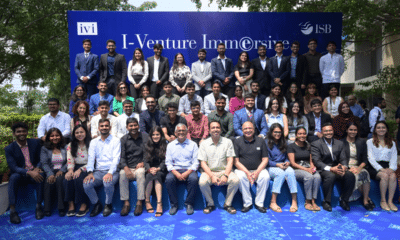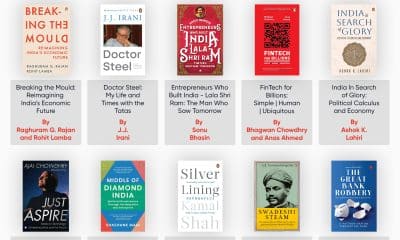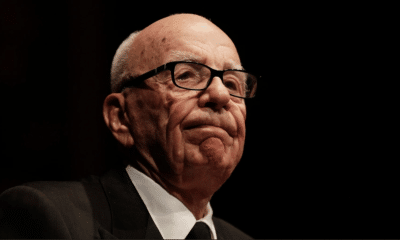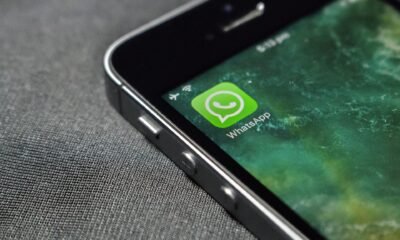In Conversation
The best of internet is yet to come says Datawind founder, Suneet Singh Tuli
Being recently recognised for the Best Tablet Brand 2016 at the 6th Digital Terminal Awards, Datawind is placed as a top tablet maker in last three-quarters receiving global attention.
But, nothing comes overnight. It took three attempts for Suneet Singh Tuli, the founder of Datawind, to come up with it. In an interview with My Big Plunge, Tuli shares his journey and challenges.
Graduating from the University of Toronto in 1990 Tuli could not help but notice the internet problem in the area. He saw the difficulties when large blueprints and drawings were needed to be cut in pieces to be sent through regular fax machines.
His company DataWind came out with the large-format fax machines for engineers and architects in 1992. Failing to get initial attention, it soon gained traction after Tuli found himself holding the record for the world’s largest fax machine.
The demand was such that Tuli went public with his startup on the NASDAQ three year later in 1995.
Years later, Tuli planned to come up with a battery-operated pocket scanner, which could be used as a mobile office peripheral. As usual, it had its critics who said that companies like hp would give it no breathing space. Initially, the sales didn’t take place, and he again had to approach the Guinness.
“Datawind was my third venture with my brother. We wanted to focus on something that has a broader impact and could monetize the technology. When you concentrate on the bottom of the pyramid, you see affordability is an issue. People don’t believe that technology could be brought down to them,” said Tuli.
When the hugely controversial Akash tablet was launched in India, low cost and affordable internet connectivity devices accessible to people at the grass root level and in turn making a transformational impact on the Indian Tech industry, people were apprehensive too.
“I remember local dailies writing that for a country which cannot provide clean drinking water to its civilians shouldn’t be focusing on giving technology for education,” added Tuli.
We created with the view of bridging this digital divide, says Tuli. “We knew our product would be for countries like India. In places like the UK, the unconnected are the elderly, also known as silver surfers. In India, it’s a very different segment, and it is the masses.”
It was difficult to convince the government how well technology would impact education and how instantaneously the teaching problems would get solved once it is in the flow, added Tuli.
DataWind has now received global attention as the company implements its vision of connecting billions of people to the internet. The company offers free internet browsing for 1 year on all its devices.
It is also riding Prime Minister Narendra Modi’s vision of “Make in India.” The company has rolled out half a million Internet-enabled tablets and smartphones from its production facility that was opened in July 2015 in Amritsar.
“I think the best of the Internet is yet to come, and I think if you can be part of the revolution that creates access you will create lots of opportunities,” Tuli signed off.








































